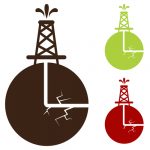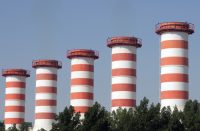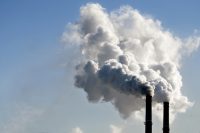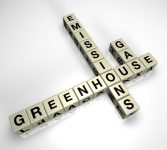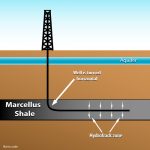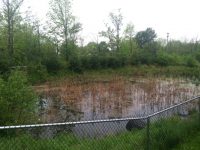March 22 is World Water Day—What’s on Tap for 2015?
An international day to celebrate freshwater was recommended at the 1992 United Nations Conference on Environment and Development (UNCED). The United Nations General Assembly responded by designating March 22, 1993, as the first World Water Day. Each year, World Water Day highlights a specific aspect of freshwater. The theme for 2015 is Water and Sustainable […]



